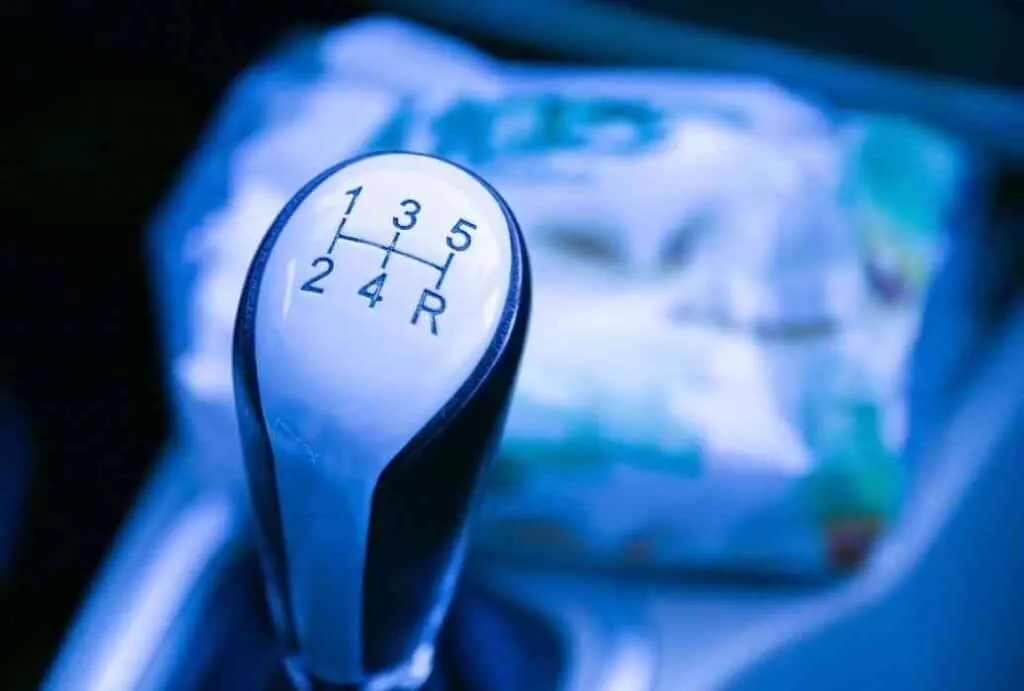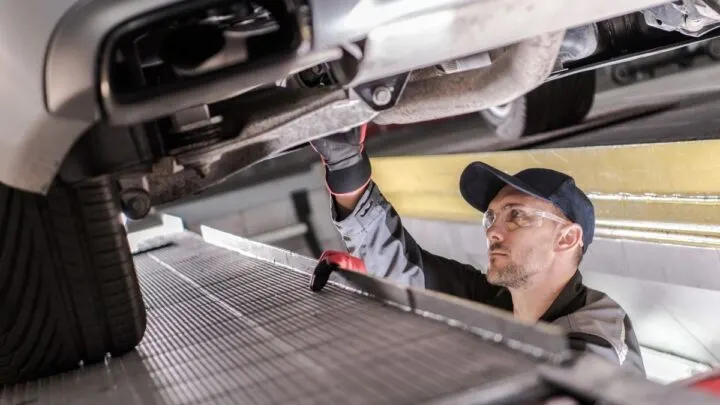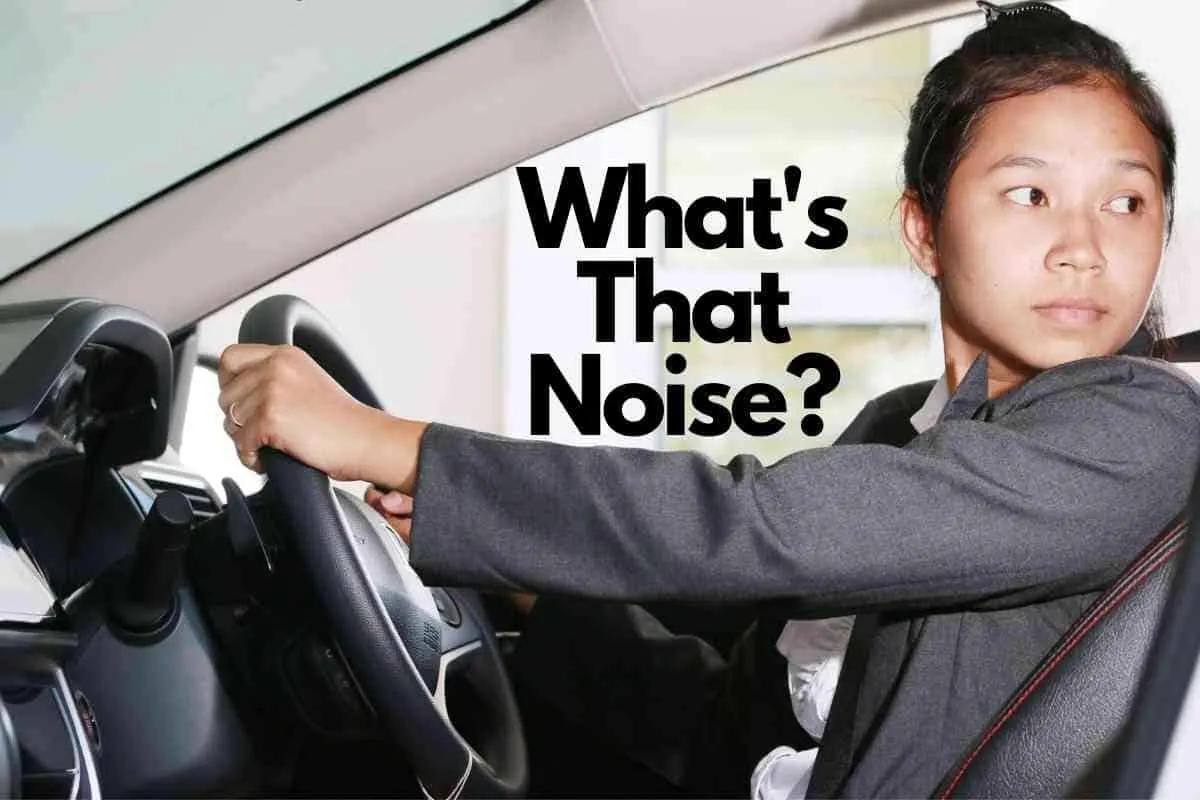You probably have been experiencing some jerking when your car is put in reverse, and it’s starting to get on your nerves.
I know how this feels because it has happened to me plenty of times before. So let’s find out if it is normal for a car to jerk when put in reverse.
A well-maintained car should not jerk when put in reverse. Jerking indicates a problem with your car’s suspension, engine transmission, or electrical components. People who experience this should immediately seek professional help.
But don’t worry, there is no reason to panic!
There are plenty of reasons why this happens, and we’ll go through them one by one. Keep reading to find out more.
Car Jerking In Reverse: Causes and Fixes

There are a few different problems that could be causing the car to jerk when you put it into reverse.
These include
- Mechanical failure
- Transmission issues
- Problem with the engine
- Electrical problems
- Bad alignment or suspension issues
The next thing we will look at is how to diagnose which one it might be if more than one issue seems likely.
We’ll also assume that your car is automatic, but the principles are similar for manuals.
It’s important not to rule anything out without finding a mechanic you trust and giving them a chance to inspect it properly.
There may also be items on the car that aren’t working correctly and could be the source of the problem.
When it’s hot outside, your car seems to jerk more. This can cause some problems with the transmission.
If you have noticed any other issues before getting into reverse, they are worth bringing up with a mechanic at your earliest convenience.

Automatic Transmission Maintenance Tips
The main thing to look out for is a mechanical failure.
You mustn’t continue driving if the transmission starts to fail because you can do significant damage to your car and put yourself in danger.
Another tip is that it never hurts to get an alignment check if you’re having problems with jerking when reverse gear is engaged.
This is an inexpensive service and should only take about half an hour, but it can make all the difference in how well your car drives.
Also, don’t forget to get the wheels balanced if they aren’t already, especially if you notice that one side of your car seems to jerk more than the other when put into reverse gear.
Balancing the wheels means that the car will drive much more smoothly, and your tires will last a lot longer.
FAQs
Do I Need an Alignment if My Car is Jerking in Reverse?
Yes, this is one of the most common causes of jerking in reverse.
If you suspect your car might need an alignment, don’t hesitate to get it checked out by a mechanic or at least read up on how to do it yourself.
Is Transmission Fluid Vital for My Car?
Absolutely! Transmission fluid performs many vital functions, and it’s essential to make sure that your car is maintained correctly.
This includes changing the transmission fluid if necessary and checking it regularly.
Is Driving With Bad Alignment Dangerous?
Yes, driving with bad alignment can be extremely dangerous.
It will damage your tires quickly if you ignore the problem, which means you could end up stranded somewhere very quickly.
Will Getting the Wheels Balanced Fix Jerking in Reverse?
It will help a lot, yes. If you’re having this problem, then it’s crucial to get to the bottom of why it’s happening so that you can stop it from causing damage.
What Causes Transmission Failure?
There are many different reasons for transmission failure, but most boil down to not changing your fluid regularly or neglecting maintenance.t Causes Transmission Failure?
Bottom Line
So if you are dealing with jerking when shifting into reverse, then there’s no doubt something wrong with your transmission.
It could be an issue more severe than just one of the gear teeth being worn out, so don’t jump to conclusions and take it to a mechanic right away.
If you don’t want to spend unnecessarily, getting an alignment and balancing the wheels is a good start.
It may seem like a minor issue, but it can be significant for covering long distances and ensuring that your car is safe to drive.
I hope this article has helped. Good luck and happy driving.
